Program
Please be advised that small changes might still apply based on last-minute information.
Program-at-a-Glance
Full Program
Keynote Talks
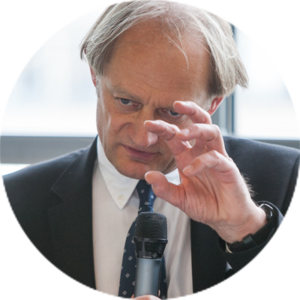
Alois FERSCHA
Full Professor
Johannes Kepler University
Austria
November 2, 2022 - 11:15 - 13:00
Industrial Innovation Post Digitalisation
Biographical Sketch
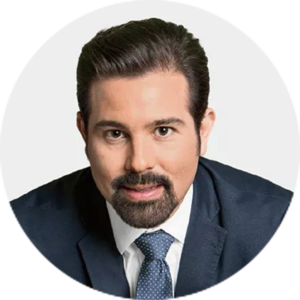
David ROMERO
Full Professor
Tecnológico de Monterrey
Mexico
November 2, 2022 - 11:15 - 13:00
The Resilient Operator 5.0: Human Operators' Resilience and Human-Machine Systems’ Resilience in Industry 5.0
Biographical Sketch
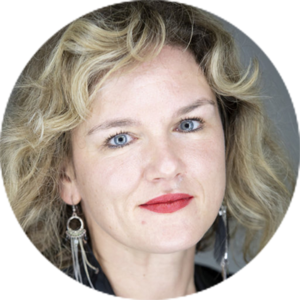
Olga BATTAIA
Full Professor
Kedge Business School
France
November 3, 2022 - 16:40 - 18:20
Assembly line design: towards customized production environments
Biographical Sketch
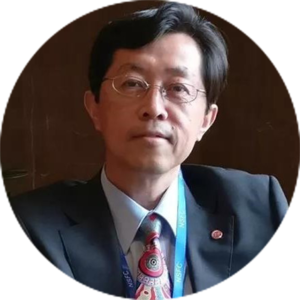
Lihui WANG
Professor and Chair of Sustainable Manufacturing
KTH Royal Institute of Technology
Sweden
November 3, 2022 - 16:40 - 18:20
Perspectives on Industry 4.0/5.0 and Smart Manufacturing
Biographical Sketch
Enjoy your stay
Social Activities
Wednesday, 2 November 2022
Welcome Reception Event @ Ars Electronica Center
Ars-Electronica-Straße 1, 4040 Linz, Austria
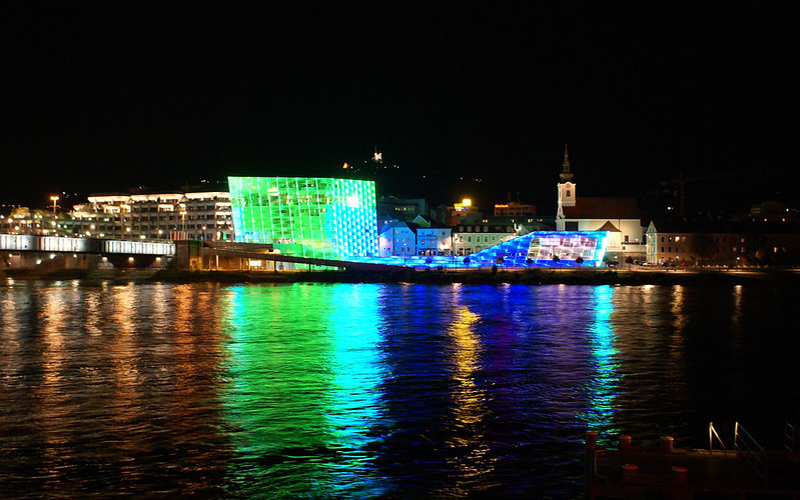
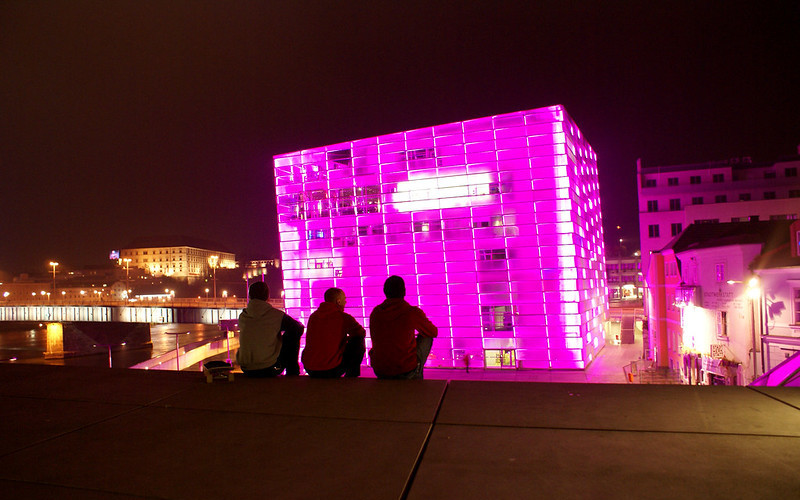
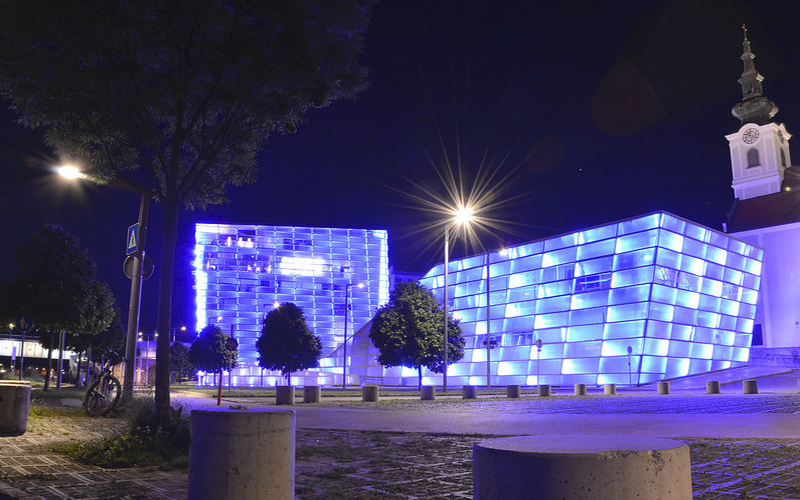
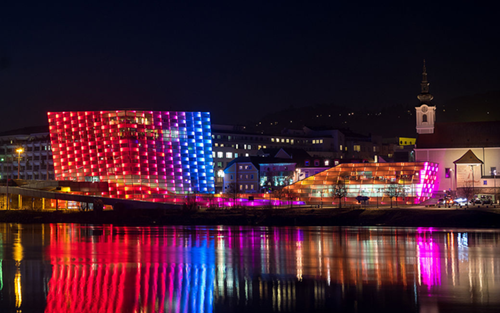
Thursday, 3 November 2022
Gala Dinner @ Pöstlingberg Schlössl
Am Pöstlingberg 14, Linz, Austria
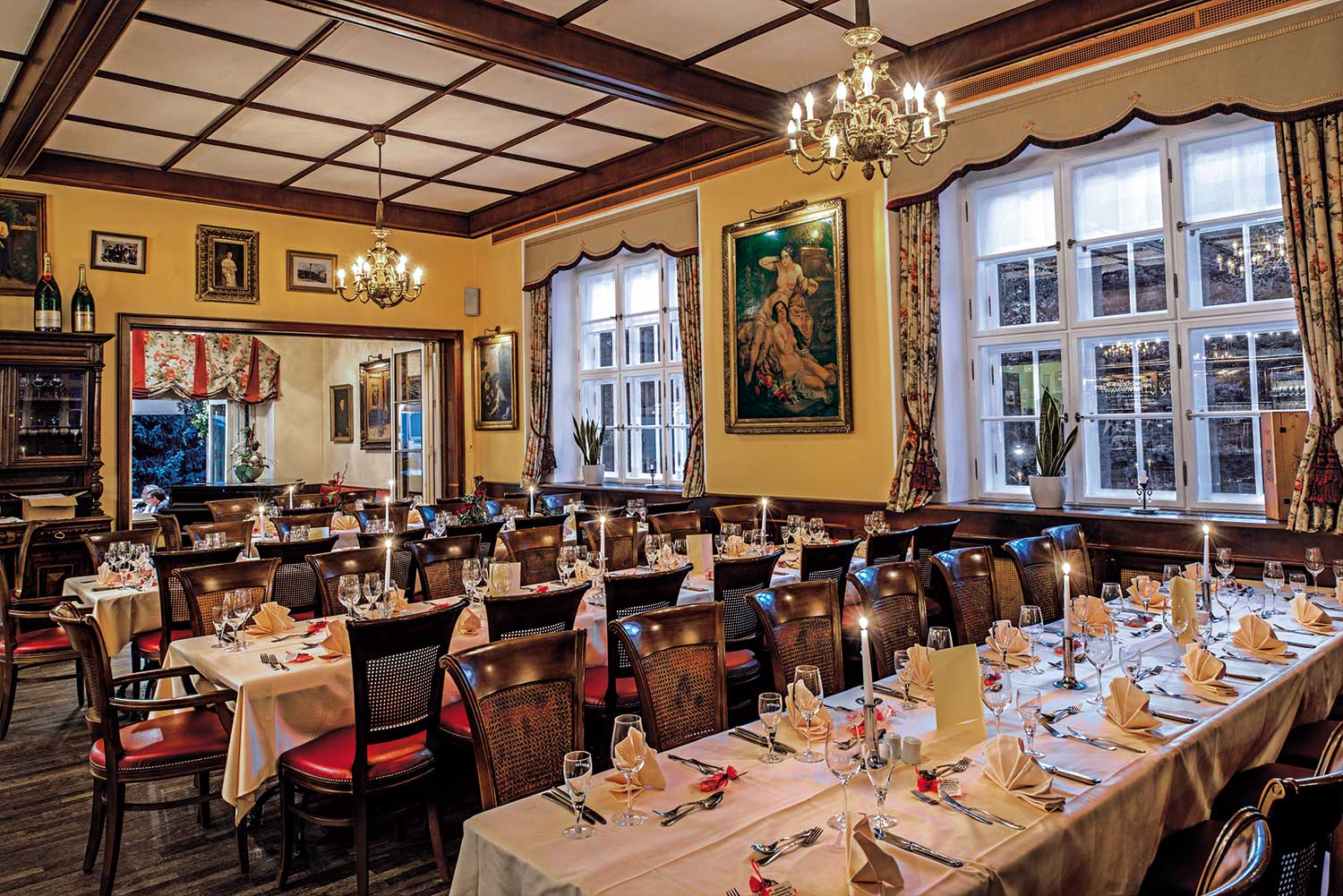
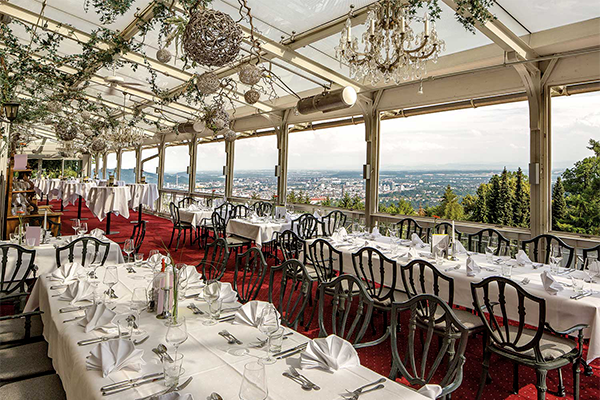
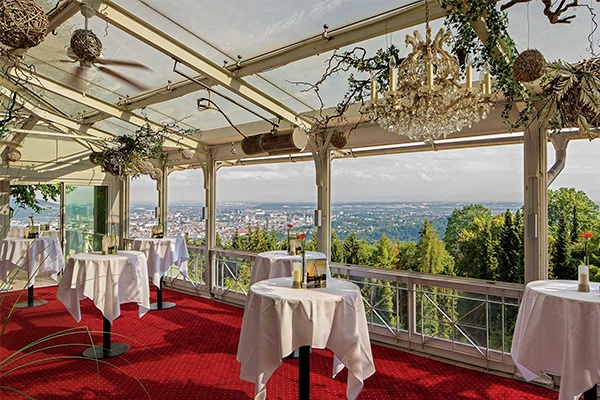
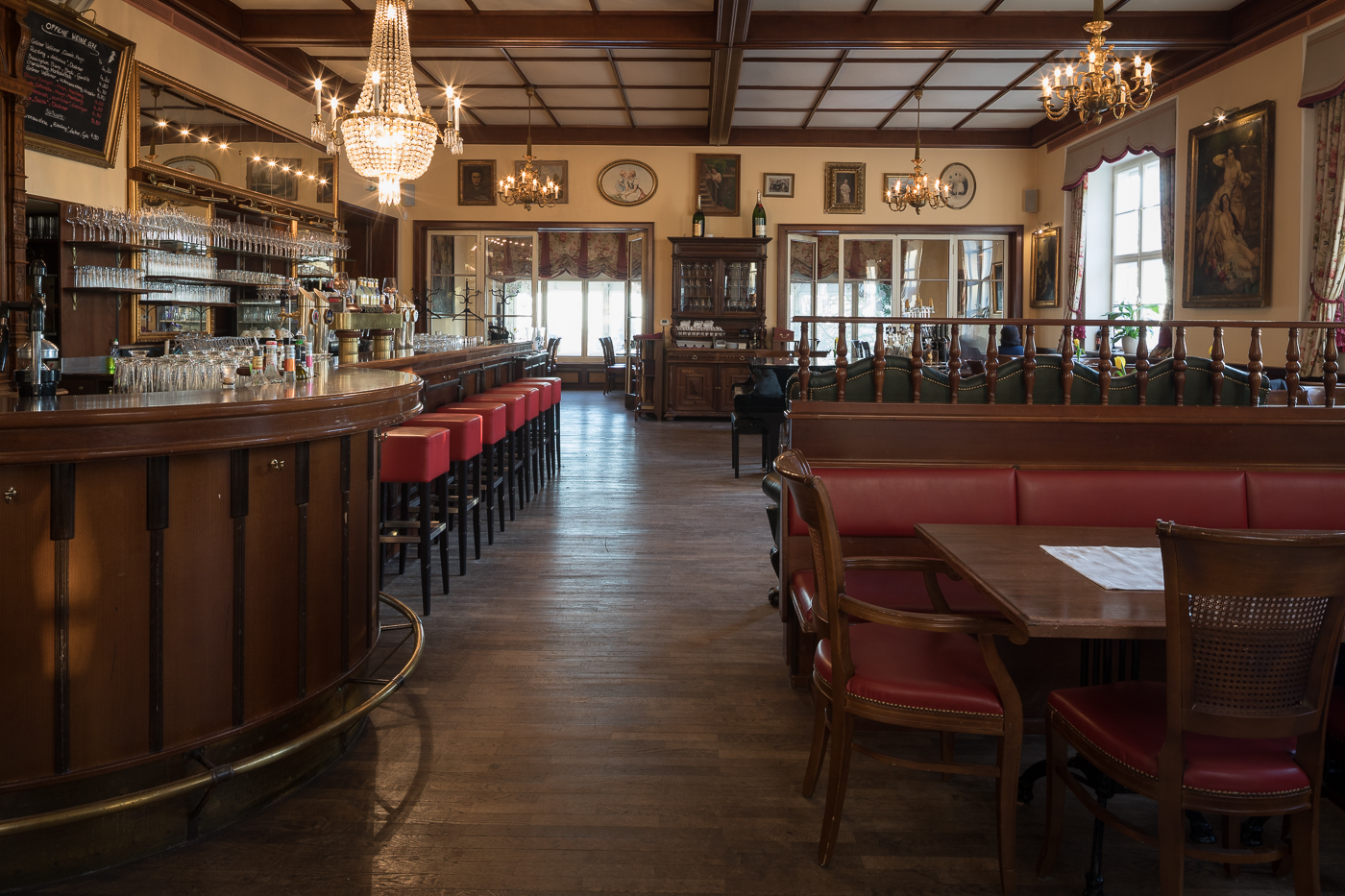
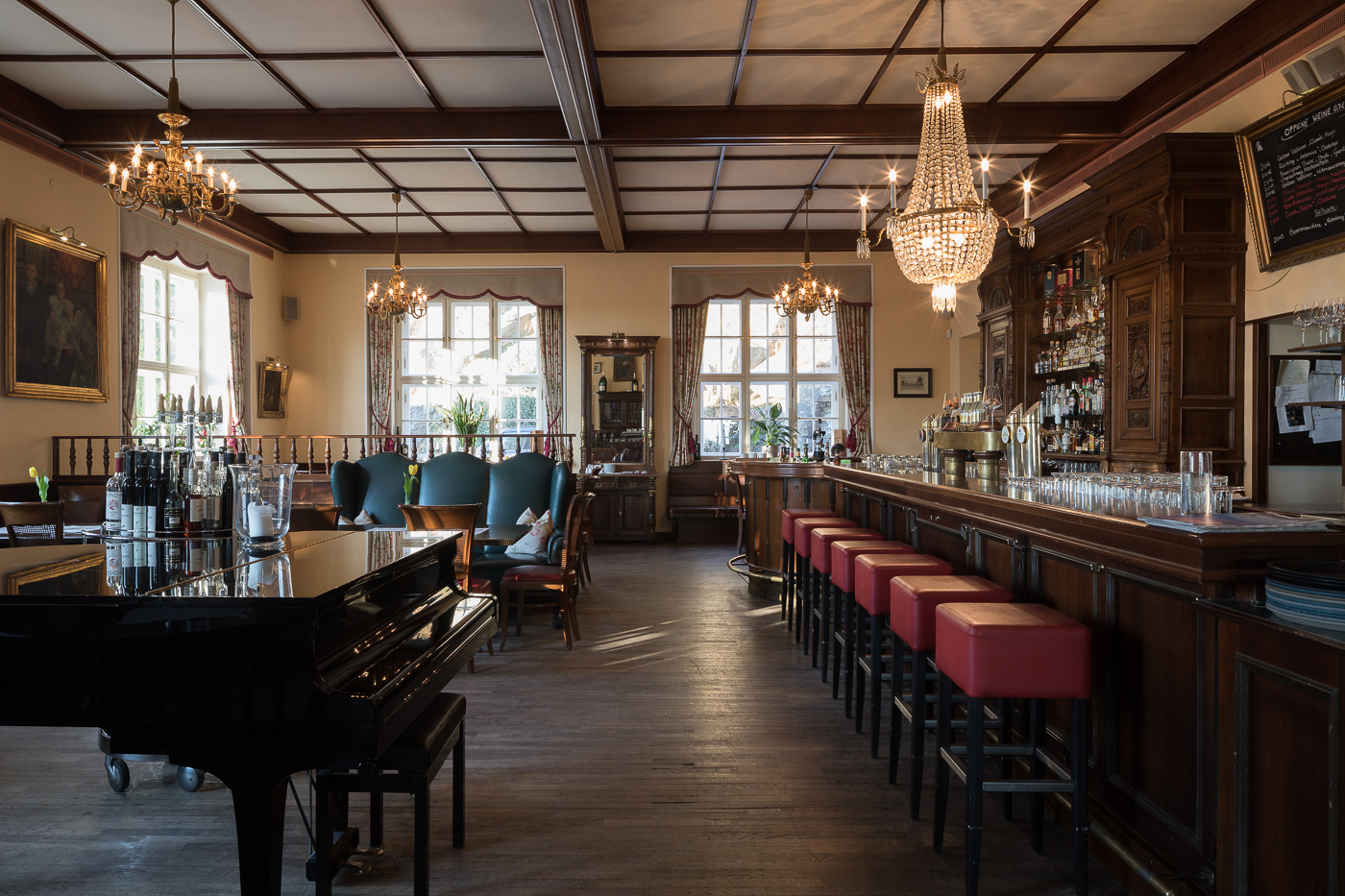
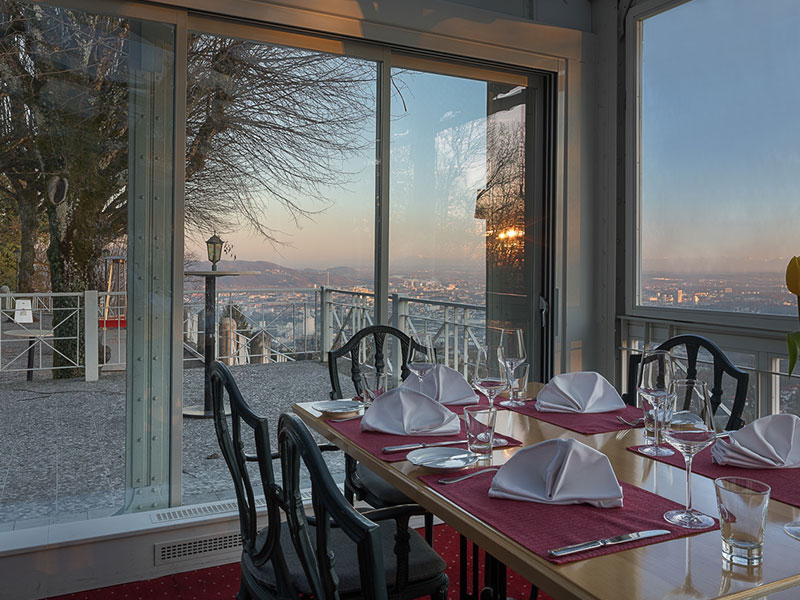
Regular & Invited Sessions
Presentation Formats and Speakers' Instructions
- prepare the presentation of their work using the templates below. A traditional template and video presentation templates are available.
- record the presentation (with audio narration) for backup purposes according to the guidelines below
- upload the exported video using the form below. Along with the video, please upload the presenting author’s biographical information (max 100 words) that will be used for introducing the presenters during the session.
Special Sessions
LIST OF SPECIAL SESSIONS
R&D Projects Dissemination Event @ISM 2022
The ISM 2022 Organization Committee has embraced the vision to make the conference the perfect environment for knowledge exchange and dissemination. In particular, dissemination activities (integrated with communication and exploitation) are essential for the impact and success of R&D projects. Funding bodies (e.g. the EU commission) usually request partners to organize midterm and final dissemination events in order to broadly disseminate the outputs of the project.
With this in mind, ISM 2022 is organizing this special “R&D Projects Dissemination Event” dedicated to oral presentations of ongoing or final results of R&D projects in all the areas related to the conference topics.
This special event will represent a unique platform for companies, research bodies and universities to:
- disseminate their project progress and results to the relevant scientific communities, potential investors, stakeholders, regulatory bodies, potential users, and lay audience;
- find other R&D project partnership opportunities with other speakers or people of the audience.
Tentative presenters should submit the form below by October 1st, 2022. An advisory board will assess the submitted summary in terms of adherence to the topics of the Conference. The presenter will be notified about the acceptance for presentation. Please, note that the submitted summaries will not undergo through a technical/scientific peer-review process; hence, project summaries and presentations will NOT be included in the conference proceedings.
We have limited slots for presentations, therefore be sure to book your opportunity as soon as possible!
Build and enlarge your network
Interaction Virtual Room
Feel free to meet in the dedicated Interaction Virtual Room. You can tell each other you are going to meet there and connect using the following link!
